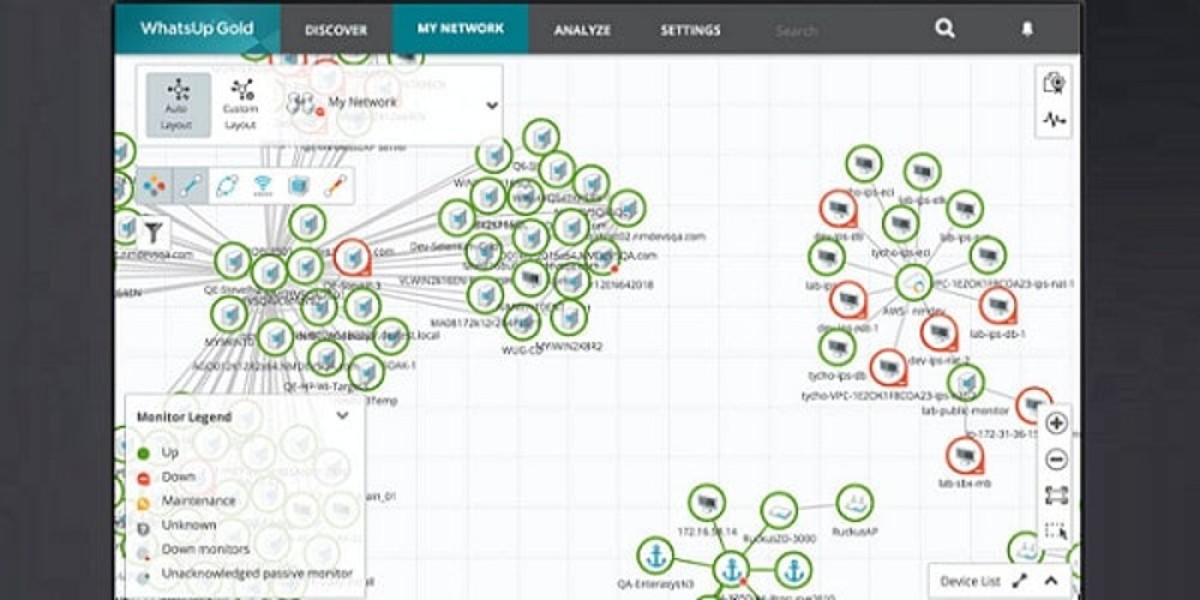Climate change: Growing doubts over chip fat biofuel
21 April 2021
comments
354 Comments
New research questions the environmental effect of rising imports of utilized cooking oil (UCO) into the UK and Europe.
Chip fat and other oils are thought about waste, so when they are utilized to make biodiesel it saves carbon emissions by displacing fossil oil.
But such is the demand across Europe that imports now represent majority of the UCO that's made into fuel.
According to the research study, external, there's no chance to show these imports are sustainable.
Without any screening of what's being available in, specialists think it is likewise ripe for fraud.
Used cooking oil imports might boost logging
Consumers pose 'growing risk' to tropical forests
Reducing emissions from transport is proving to be among the toughest obstacles for federal governments all over the world.
They've encouraged the usage of biofuels as an essential methods of suppressing carbon from cars and trucks.
Biofuels are usually a blend of nonrenewable fuel source and oil made from plants or veggies.
The truth that these crops can be re-grown and absorb more CO2 means they cancel out the carbon emitted when utilized in engines.
Soy and palm oil were as soon as widely utilized as elements of biodiesel however this practice has actually been commonly challenged since it encourages logging.
So for the last decade or two, the usage of utilized cooking oil has actually expanded enormously as an alternative feedstock for fuel.
Chip fat and other waste oils have become a crucial part of biodiesel with an effective industry springing up throughout Europe to collect and process the product.
But with the quantity of biodiesel made from UCO increasing by around 40% every year because 2014, there merely isn't adequate chip fat to go around.
According to a report from the project group Transport & Environment, external, over half of the UCO used in Europe is imported.
Their study suggests this is extremely troublesome when it comes to influence on the environment.
While UCO is thought about a waste material in the UK, in China, Indonesia and Malaysia it has long been used to feed animals. The report raises the question of what people in these nations are changing the UCO with, when it is exported.

In 2019, Malaysia exported 90 million litres of UCO to the UK and Ireland. Figures for their exports to other European countries aren't readily available but the circulation of UCO is likely to be comparable.
With a population of around 33 million, that's close to three litres per head of utilized oil that's gathered and exported to the UK and Ireland alone.
By contrast, Thailand, which has a population of 70 million people, handled to gather around five million litres of UCO in 2019.
"Because we are purchasing it, they have less used cooking oil to utilize on the things that they were formerly utilizing it for," stated Greg Archer with Transport & Environment.
"And they're simply buying more virgin oil and that virgin oil is mostly palm oil, since that's the cheapest oil readily available.
"So indirectly, we're simply motivating more deforestation in Southeast Asia."
Another significant issue with UCO is the suspicion of scams.
Because of demand from Europe, the rate of UCO is typically higher than palm oil. The concern is that some unethical traders are merely watering down deliveries of UCO with palm.
As oils of various types are mixed in bulk for transportation, and no testing of the materials is performed, some experts think scams is rife.
The suggestion of scams anywhere along the chain of supply is rejected by the European Waste-to-Advanced Biofuels Association (EWABA), who state there are robust accreditation schemes in location.
"It is commonly understood that the European Commission has taken relevant steps to entirely curb unsound market practices in biofuel markets," said Angel Alberdi, EWABA's secretary general.
He says a brand-new database being developed by the EU will ensure that trading, accreditation and sustainability data on all bio-liquids will need to be signed up.
"The combination of modified certification plans and the pan-EU track and trace database will guarantee that no sustainability issues occur in the entire biofuels and bio-liquids supply chain," he informed BBC News.

Others in the field are worried that the database idea, which was very first mooted in 2018, may not be effective in stemming thought fraud.
The report from Transport & Environment explains that with shipping and air travel seeking to decarbonise by utilizing biofuels, demand for UCO might double over the next decade.
"Rising the demand beyond sustainable supply levels would increase these concerns, and threats of utilizing 'fake' UCO, potentially causing indirect impacts such as deforestation."
Follow Matt on Twitter @mattmcgrathbbc, external.
Related subjects
COP26
Paris climate agreement
Climate








